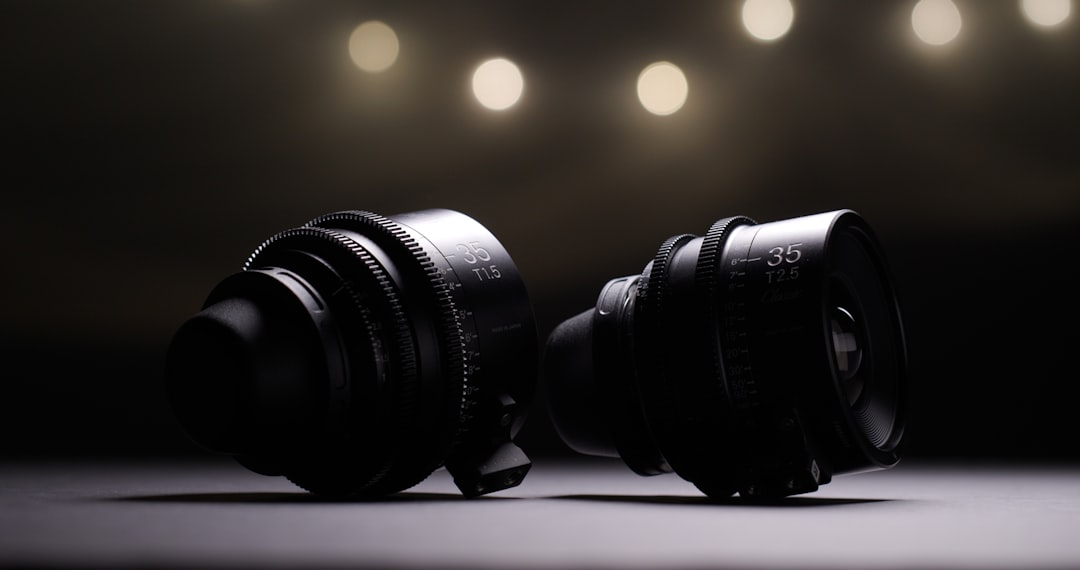In today’s digital landscape, images play an integral role in communication, content creation, and information sharing. As visual content becomes more prevalent, so does the need to trace the origins of images and verify authenticity. This is where reverse image search tools come into play. Whether users want to check for copyright infringement, find similar images, or verify the source of a photo, reverse image tools can offer quick and reliable results. Here’s a roundup of the best reverse image search tools available in 2025.
1. Google Lens
Google Lens continues to be a powerful name in reverse image technology. In 2025, its capabilities have expanded even further. Users can simply upload an image or use their camera to identify objects, text, landmarks, and more.
- Strengths: Seamless integration with Android devices and Google Photos
- Best For: Fast everyday image searches and object recognition

2. TinEye
TinEye is one of the oldest and most reliable tools specifically designed for reverse image search. Its database includes billions of images, making it especially useful for tracking a photo’s origin or how a particular image has been used across the web.
- Strengths: Excellent for copyright monitoring and image tracking
- Best For: Photographers and brands looking to monitor image usage
3. Bing Visual Search
Microsoft’s Bing Visual Search has significantly improved in recent years. With its sleek interface and robust search engine, Bing offers a competitive edge, especially in finding visually similar images and shopping matches.
- Strengths: Shopping results, integrated within Microsoft’s ecosystem
- Best For: Retailers and consumers wanting product sourcing
4. Yandex Images
Russia’s Yandex Images is considered an underrated gem by many image search enthusiasts. Its visual algorithms offer impressive accuracy, particularly for facial recognition and Eastern European content.
- Strengths: Superior facial recognition and non-Western image results
- Best For: Locating less mainstream content and international visuals

5. PimEyes
PimEyes focuses on face recognition and identity verification. Although it has stirred privacy debates, it remains a highly effective tool for individuals and organizations seeking to monitor the online presence of specific faces.
- Strengths: Advanced facial search and results tracking
- Best For: Security professionals and digital privacy researchers
6. Social Catfish
Primarily used to detect online scams, Social Catfish employs reverse image search as part of its verification toolbox. It analyzes profile photos to help users identify fake identities, particularly on social and dating platforms.
- Strengths: Comprehensive identity verification toolkit
- Best For: Online daters and fraud investigators
7. Berify
Berify offers a reverse image platform designed for digital creators. Unlike regular tools, Berify scans multiple search engines simultaneously and alerts users if someone is using their image online without permission.
- Strengths: Real-time alerts and multi-engine scanning
- Best For: Content creators and photographers monitoring image theft

Conclusion
The rise of AI and visual data in 2025 has brought about powerful enhancements in reverse image search technology. Whether you’re a casual internet user or a professional relying on image accuracy, these tools provide essential features for a secure and efficient online experience. Choosing the right platform often comes down to your specific needs, whether it be identifying products, verifying personal information, or protecting intellectual property.
FAQs
-
Q: Are reverse image search tools free to use?
A: Most reverse image tools like Google Lens and TinEye offer free access, while others like PimEyes and Berify may charge for premium features. -
Q: Can reverse image searches identify people?
A: Yes, tools like PimEyes and Yandex offer facial recognition capabilities, though results may vary and should be used responsibly. -
Q: Do reverse image tools retain uploaded images?
A: It depends on the platform. Some services claim to delete uploads after processing, while others may store images to improve algorithms. -
Q: Which tool is best for shopping and price comparison?
A: Bing Visual Search leads in this area, offering product matches and pricing details across eCommerce platforms. -
Q: Can I use these tools on mobile devices?
A: Yes, most offer mobile apps or browser compatibility for mobile use, especially Google Lens and Bing.



